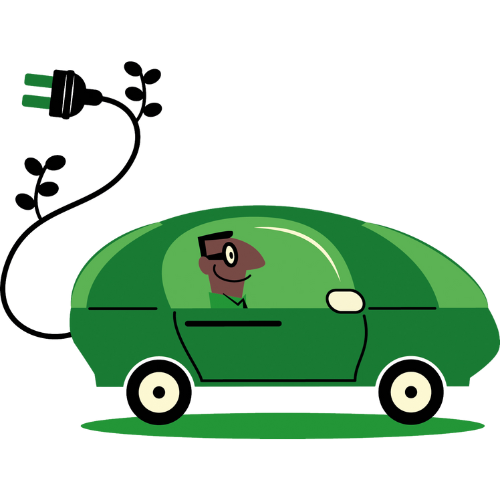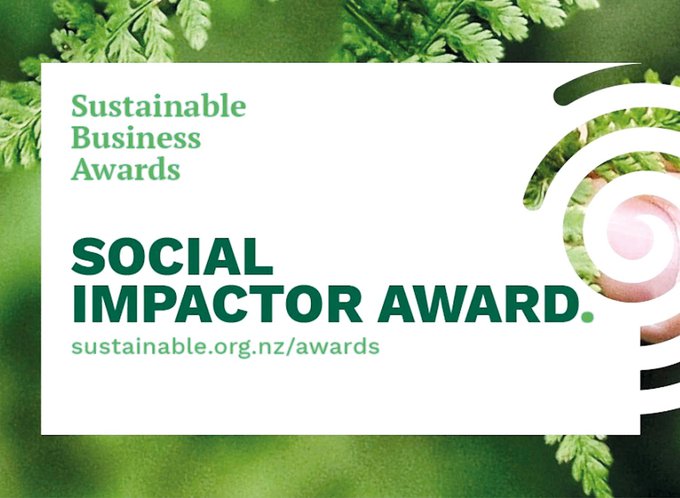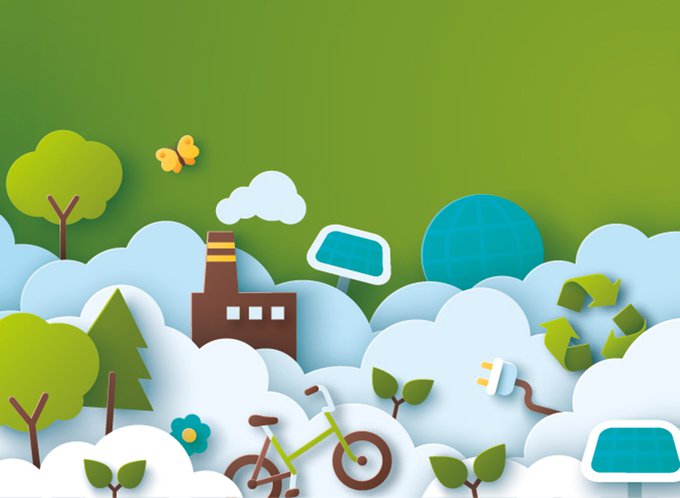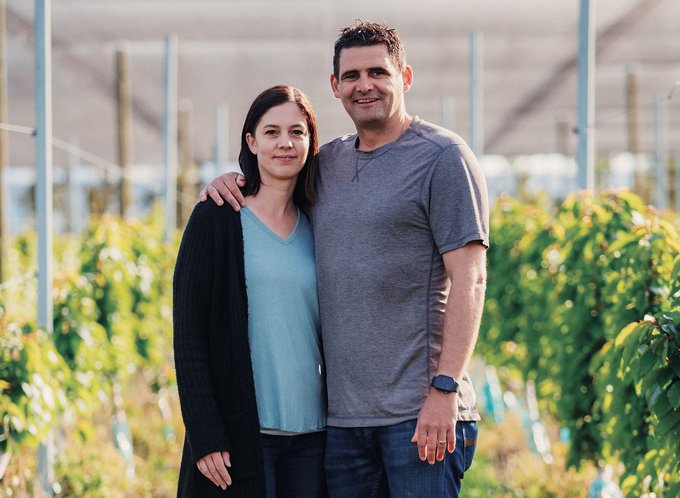When it comes to climate change, the lifestyle choices we make really do matter.
MAS Members care deeply about our environment, and many of you are taking action to lower your carbon footprint and adopt sustainable practices at home and work.
In our monthly e-news, we asked Members to share their sustainability tips from their workplace and personal lives to inspire you to make changes. All Members who sent in their tips were put in the draw to win a $50 Prezzy card, and the three winners have been contacted.
We've collated some of your ideas to live a greener lifestyle that's healthier for our planet, our personal health and, in many cases, our bank balances too.
Sustainability at your work
From Treasury to a physiotherapy clinic, workplaces are embracing change to lower their carbon footprint.
- We are recycling old ultrasound machines and their components. In the past, these machines would be dumped.
- We have a standard email we send to all suppliers if they are using unsustainable packaging and deliveries. We feel this will encourage larger businesses to be sustainable (as well as our own business) and let them know that this is important.
- We have insulated our offices and are using energy-efficient appliances including heating methods.
- We encourage staff to commute to work via bike (or public transport) and celebrate this with the Aotearoa Bike Challenge every February.
- My workplace recently invested in a large community garden. Our clients, who all have intellectual disabilities, learn the art of gardening, and the organic produce that is harvested is shared amongst the clients, whānau and staff.
- We engaged the Sustainability Trust to help us conduct a waste audit. They showed us the typical mistakes we were making when recycling/placing items in the landfill bin.
- Staff that choose to carpool are given priority parking in the car parking building. This encouraged me to carpool with a colleague.
Reducing energy-related emissions
Making a few changes to your habits can lower energy use.
- Turn off computers when you finish work for the day, don't just log out.
- Use lower energy sources – for example, the light bulbs in your house can be energy-saving ones.
- We had our house fully insulated – underfloor and ceiling.
- Get a free home energy assessment from the Sustainability Trust.
- Switch off lights when not in use.
- Install solar panels on the roof.
Reduce water waste
Our Members have shared some smart ways to save water.
- Whenever you turn on the hot water tap in the kitchen, it can take ages to heat up, so we have a two-litre plastic jug to capture the initially cold water, which can be used for filling kettles, pots, watering plants, pet water bowls, etc.
- Do not let the water run while you're brushing your teeth. Turn the tap on when you have finished brushing to rinse.
- Place a bucket or tub in the shower and use the water collected to water your garden.
Eat and drink more sustainably
A Kantar New Zealand Food Waste Survey in April 2022 showed the average Kiwi household wastes about $1,520 of food every year. Eat more sustainably with these tips.
- Make a meal plan for the week to reduce food waste.
- Use containers/keep cups for all takeaway food and drinks.
- Compost, worm farm and vegetable garden combo, which reduces food waste, supermarket bill and fertiliser/soil costs.
- I'm progressing towards a vegan diet.
- We got rid of tea bags and are now using tea leaves.
- Composting – either by yourself or collectively with group schemes.
- Growing your own fruit and vegetables. It also saves you a lot of money.
- If you can't have a compost bin (e.g. apartment dwellers, poor mobility), you can still reduce your compostable waste by having a tub in the freezer with scraps (e.g. herb offcuts, carrot peels, broccoli stems). Simply empty the tub into the next stock you're making. Making stock is also a good sustainability action to use up chicken carcasses, bones from roasts, etc.
Reduce, reuse and recycle
Making a few substitutions can help you reduce your reliance on plastics and use more sustainable packaging.
- Bulk buy to reduce packaging waste.
- I've recently started going to a refilling eco-store and am now getting all my household cleaning materials and self-care products from the refilling station.
- Use tea towels instead of paper towels.
- Compost all paper – mail, correspondence, food packaging.
- Go paperless. Think twice before printing hard copies.
- I use glass returnable milk bottles.
- I save the 'ends' of bars of soap. When I have enough, I press them all together and bingo: a new bar of soap!
- I use cloth nappies and/or compostable nappies, plus avoid baby wipes – use washable cotton cloths.
- Use saucers or small plates to cover food containers rather than plastic wrap.
- Use glass containers for any takeout meals to avoid plastic waste.
- I have casserole lids and pot lids from thrift stores which I use to cover food in the fridge. No need for plastic lids, silicone covers, or plastic food wrap. Also reuses items that may have been discarded and gives them a second life.
- Take all soft plastic waste to the supermarket plastic recycling drop-off.
Transport and travel
Transport makes up over 20% of Aotearoa's total emissions, and a 2022 study by the Energy Efficiency & Conservation Authority suggests Kiwis are more concerned than ever about reducing petrol use. Here's how to make your commute more eco-friendly. 
- We have keen cyclists at work who are enjoying better health, wellbeing, and cost savings.
- I've stopped my gym membership and started cycling to work. Saves me gym fees, petrol to the gym, and parking fees.
- Since getting my e-bike, I've quartered my petrol bill while also getting exercise.
- Ride your bike to work. Better for the environment, your physical health and headspace, and your back pocket.
- Walk – try combining your commute and/or errands with steps. Also great for the mind and body.
- I have transitioned to an electric car, which I charged from the solar panels on my home's roof.
- Our second car was written off by a bus while parked. Instead of replacing it, I've been biking to work for the past year. The savings have been huge and I'm much fitter.
Mindful retail that considers the enviroment
Shop smarter and more sustainably with these stylish suggestions.
- Op shopping – for furniture, cutlery, dining ware, and clothes.
- Support sustainable brands where possible.
- Don't buy from companies that aren't sustainable. If enough people boycott the big culprits, we can force them to change their ways.
Know someone who might enjoy this?
Read this next
-
November 2021
Sustainable Business Network Awards
-
March 2022
5 ways MAS is becoming more sustainable
-
July 2022
Can food be fossil fuel-free?
Professional life
See all-
March 2021
Made for today a century ago
-
March 2021
The great brain gain
-
March 2021
A hectic, horrific working holiday
-
March 2021
Smooth sailing for Southern Spars







